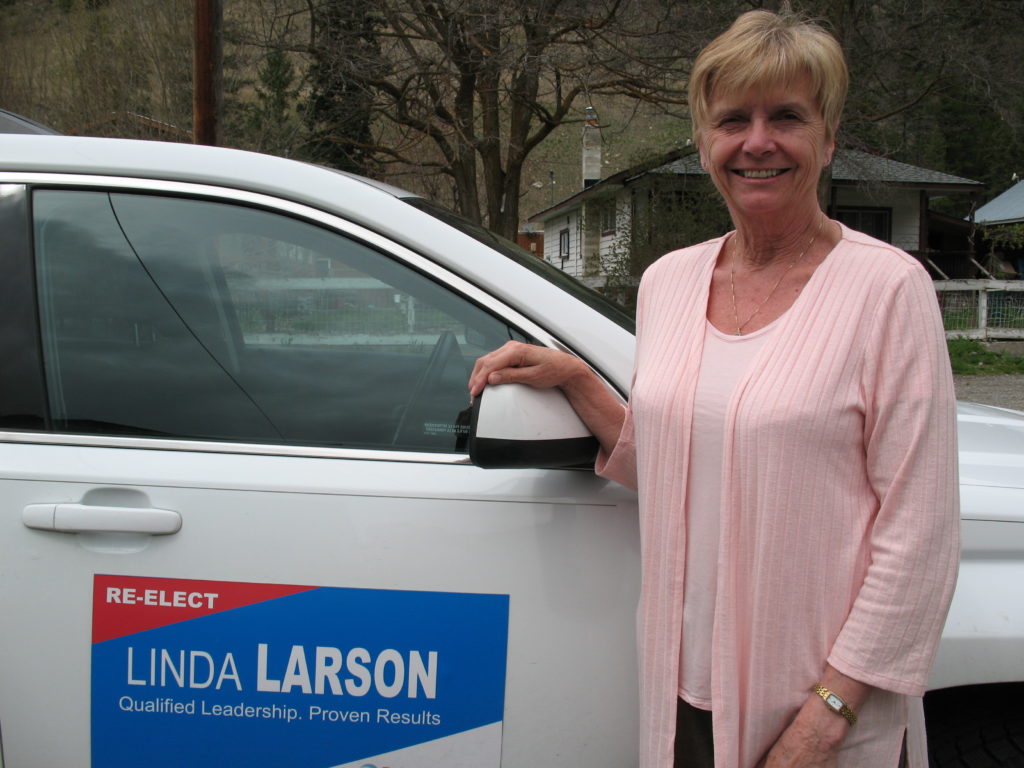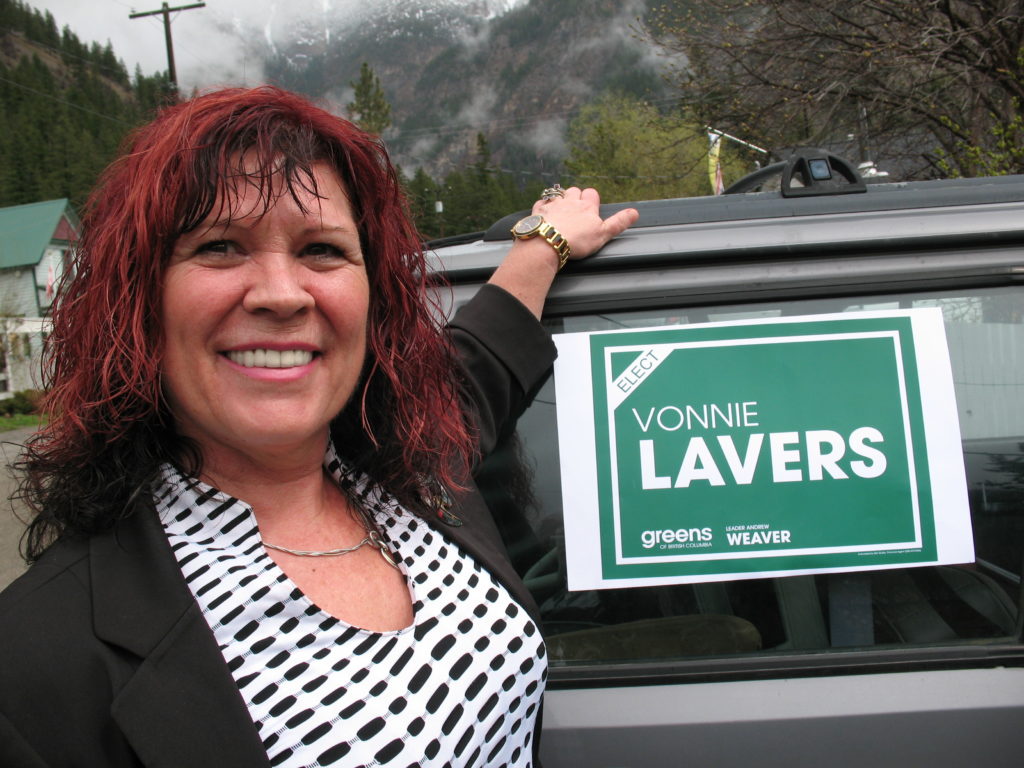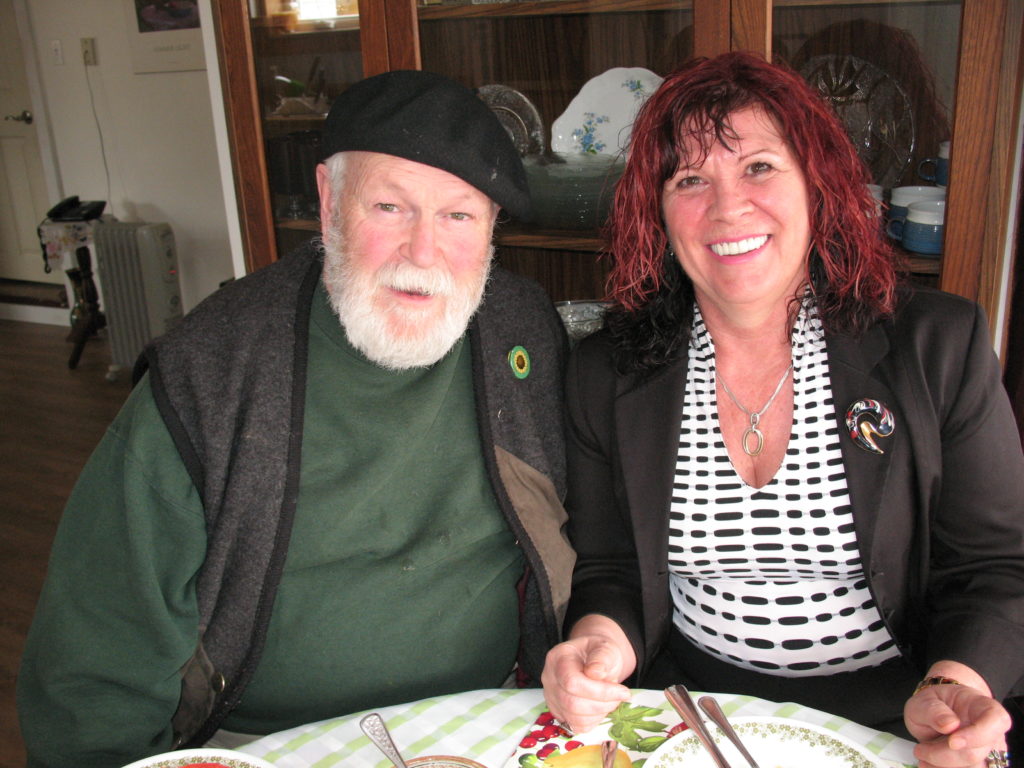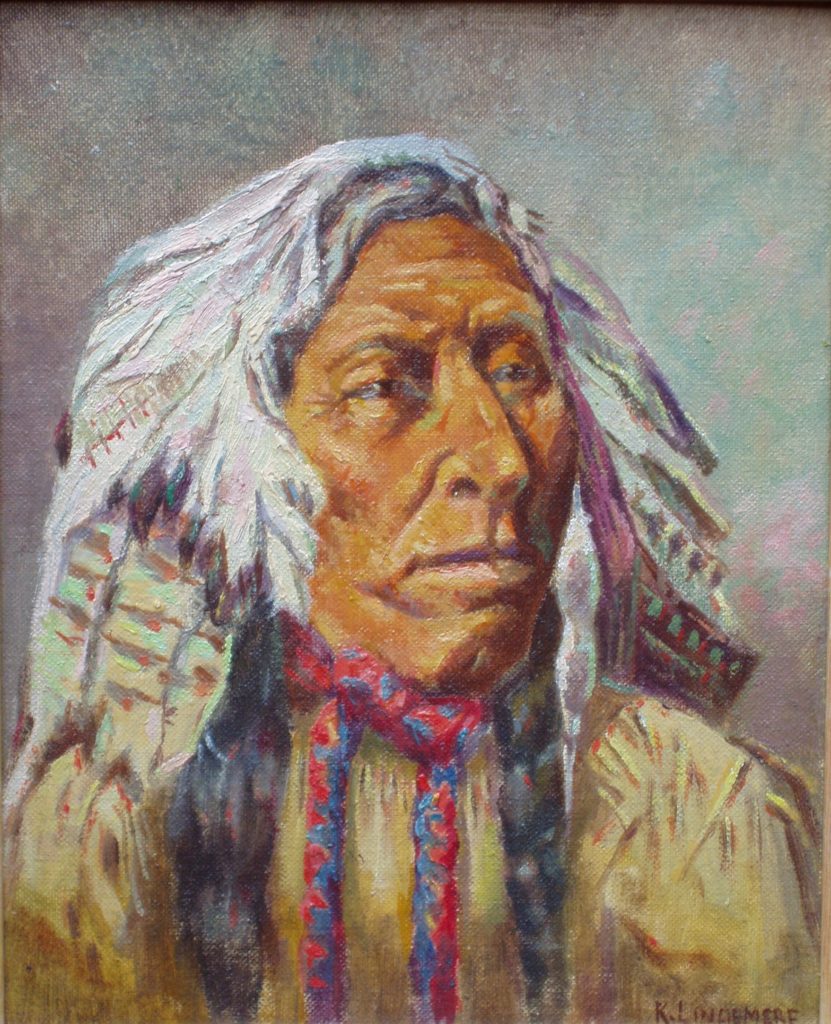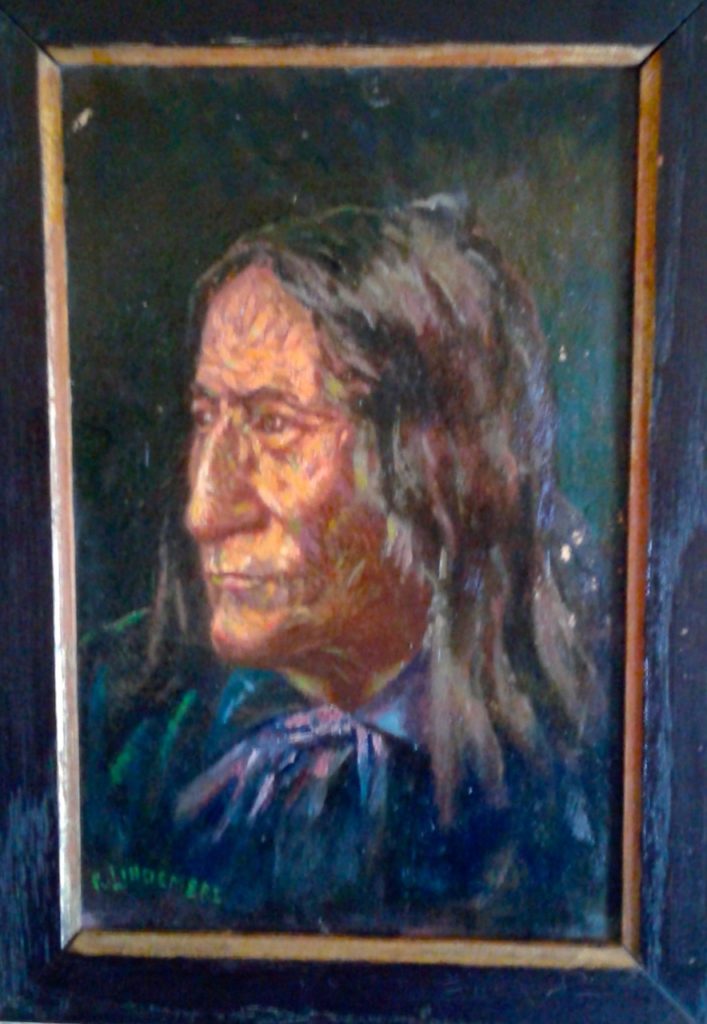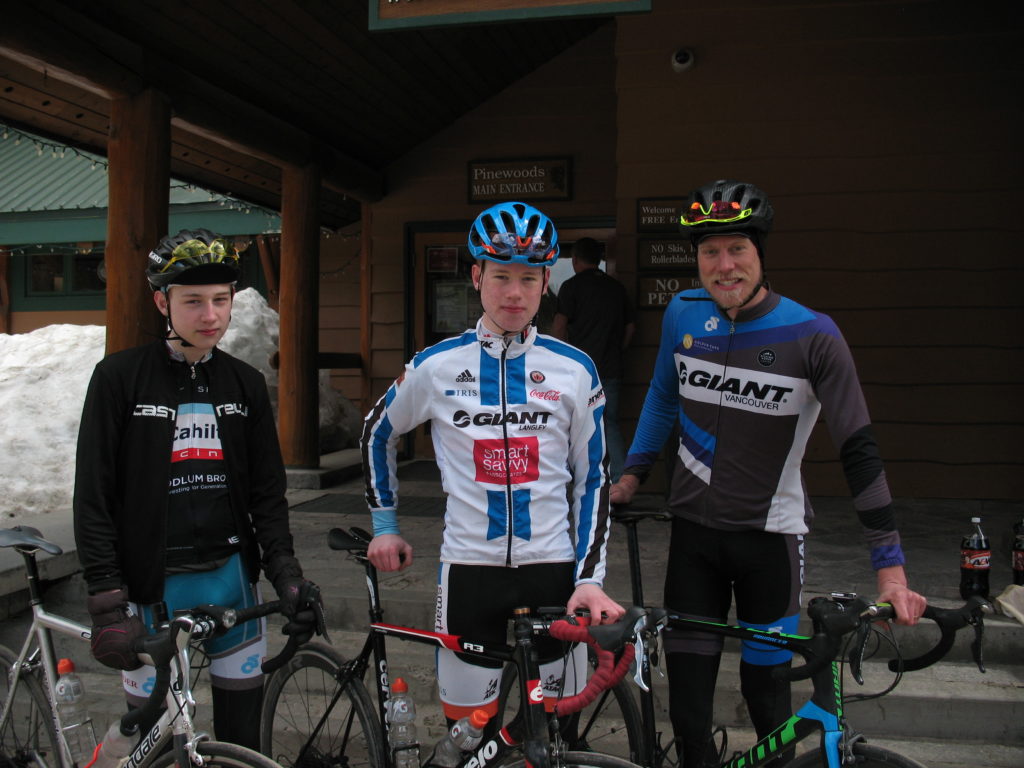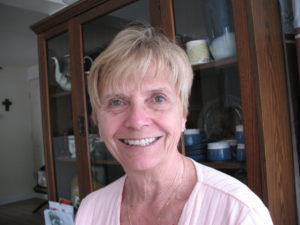
Before Linda Larson arrived at our home for a conversation last Thursday, I read the column I had written about her 2 years ago. At that time she said, “In my childhood, mom struggled to put food on the table. She baked bread. We had butter every 2 to 3 months. Other kids at school wore store bought clothes. My mom made mine.” Since those early meager times, Linda has attained considerable success in politics, initially as mayor of Oliver and more recently as the Boundary/Similkameen MLA. I was interested in her perception of what it’s like to play a role (even if not a high echelon one) in Christy Clark’s high roller style of politics. I also wanted to know if success had in any way tainted her values and principles.
Sitting at the round table in our sun room, eating my wife Linda’s egg sandwiches and bean salad, we engaged in a pretty frank discussion of life in provincial politics. I was watchful for the usual escape hatches that politicians duck into to evade uncomfortable questions.
I began our conversation by suggesting that a lot of politicians express a desire at the outset of their career to make their community and country a better, safer, more liveable place, but before long they become jaded. “It is important to come into politics with the belief you can make things better,” she replied. “Politics is a game, but not a frivolous game. You have to learn the rules and make them work for you. As an individual, you aren’t powerful, but as a member of a team you are.”
She reflected for a moment. “If I want to get things done, I need to be a team member. Democracy is a challenging system, but it’s the best in the world.”
In response to my question, she cited several instances where she has obtained results. A transition house, a dam project and an irrigation system. Also a 10 year contract for the Grist Mill in Keremeos.
“It’s complex,” she observed. “Sometimes it takes a lot of time and persevering. Three years ago a man came to me with the request that disabled motorcyclists be permitted to park in places designated as disabled parking. “It was quite a process,” she said. “A number of organizations and several government departments were involved. Now you can get a sticker for a motorcycle licence that lets you use a parking space reserved for the disabled.”
She told us that work on individual files is handled by a staffer in her office. “When a man didn’t have the funds to take a bus to Vancouver for cancer treatments, Pat knew who to talk to. She has dealt with 700 cases over the past 4 years. She really knows how to produce results. This allows me to work on larger, complex issues that require engaging various levels of government.”
About 95 percent of people are great, Linda told us. “I love my work and I love the people. When someone is angry, I know something has happened. We have to try to fix it. Only about 5 percent are negative, but they are also the most vocal. Dealing with them has taught me I have a thicker skin than I realized.”
Linda acknowledges there have been disappointments. “In my riding natural gas is not available to a number of homes.
Those people are hit hard by high electricity costs. I had hoped for more from the recent BCEU report.” Her face registered concern. “We can’t just tell a government body what to do,” she said. “A rule change can affect the entire province. Government needs to look at social, environmental and cost implications when making changes. I feel though there is a better way and we need to find it. I will continue to work on it.”
I sensed that her concern regarding exorbitant hydro rates is deep and genuine. She has the experience to know this will not be an easy fix. She’ll need allies. Her statement that she will continue working on it seemed much more than a convenient line to please voters.
After our 90 minute conversation, I had a better understanding of how government functions. Linda didn’t duck into escape hatches and I felt pretty certain she has not been unduly influenced by the flamboyant, off the cuff style of her leader. Still Linda Larson, but wiser and more experienced.
